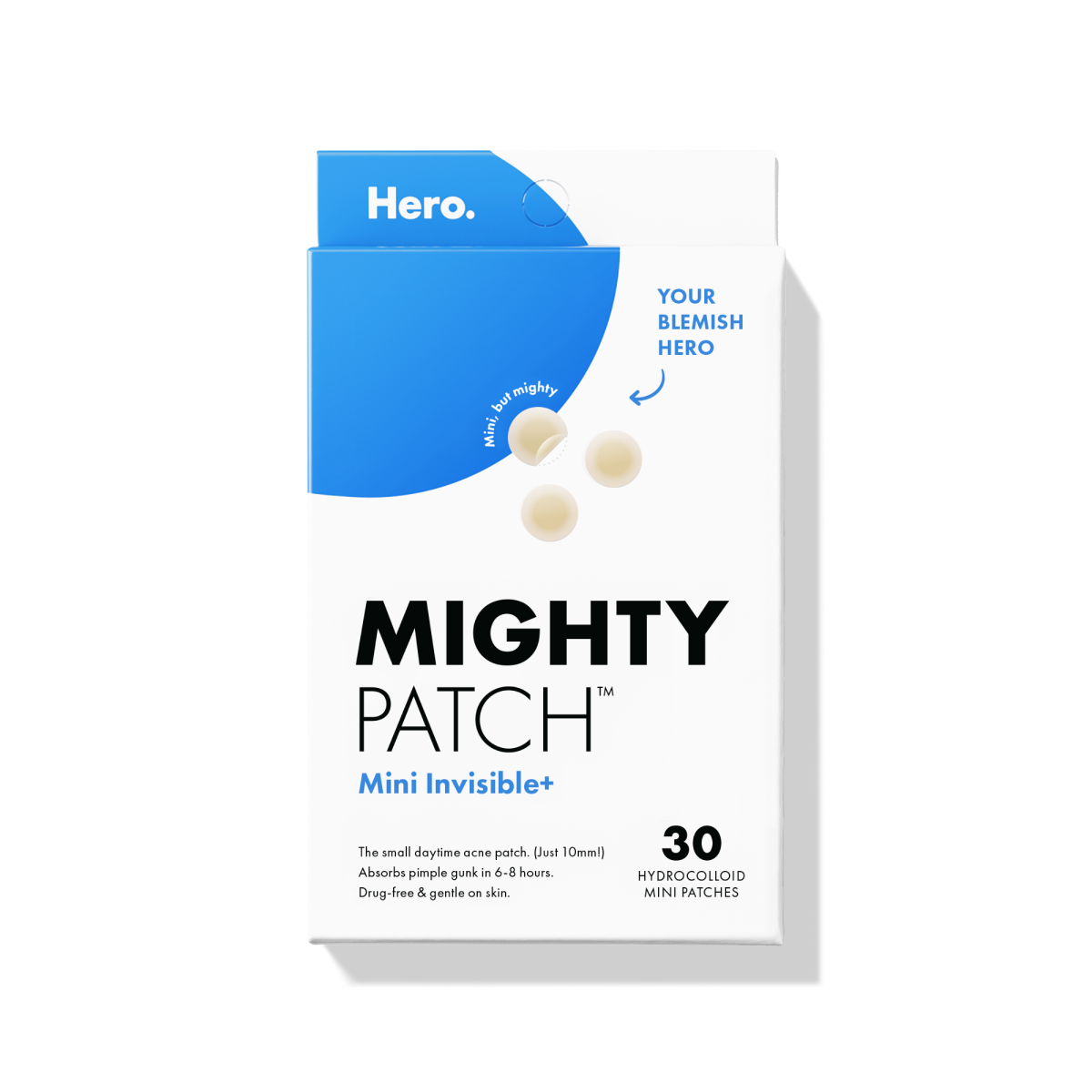
Like flavors of ice cream, there are a variety of different acne treatments out there including topical solutions (like the Mighty Patch!), diet changes, lifestyle remedies, and in-office procedures.
However, when you’re dealing with moderate or severe acne such as cystic acne, sometimes external solutions aren't enough to get the job done. In these cases, oral acne medications are usually the next course of action. These are referred to as systemic medications as they help clear up your skin from the inside out. As with all medications, they're typically prescription only, and each come with its set of pros and cons.
Curious about prescription acne medication? Keep reading to learn about the three main types.
Oral antibiotics
How it works: Acne is caused by bacteria on the skin. Oral antibiotics help kill that bacteria and calm down inflammation which helps heal breakouts. According to the American Academy of Dermatology, you should only take oral antibiotics for acne in tandem with a topical medication such as retinoid or benzoyl peroxide. Also, they shouldn't be prescribed for more than three to six months.
Side effects: They will be different from person to person. Some people can experience allergic reactions such as hives, have an upset stomach, or feel dizzy and lightheaded. Antibiotics can also make your skin sensitive to the sun.
Birth control pills
How it works: Birth control pills, also known as oral contraceptives, are often used to treat hormonal acne in women. They help regulate hormones which stop acne in its tracks. The FDA has approved Ortho Tri-Cyclen, Yaz, and Estrostep as treatments for acne. However, many dermatologists prefer to prescribe their patients Spironolactone, which is an oral hormone blocker medication. In other words, instead of pumping synthetic hormones into your body, it blocks the effects of androgens that cause hormonal acne.
Side effects: Oral contraceptives can sometimes increase the risk of blood clots and high blood pressure. Spironolactone, in particular, can elevate potassium levels, cause irregular periods, dizziness, breast tenderness, and increased urination.
Isotretinoin
How it works: Part of the retinoid fam, Isotretinoin (formerly known as Accutane), is a pretty potent oral acne medication and is typically only prescribed to folks with severe cystic acne who have exhausted other treatments with no results. It helps reduce the size of oil glands and the amount of oil production. In turn, this reduces the number of pore blockages, which equals fewer pimples.
Side effects: Because it is a powerful drug, the side effects of Isotretinoin can also be intense. It's not recommended for pregnant mamas because it’s known to cause birth defects. It can also increase the risk of depression and even impact your cholesterol levels and liver function. Other possible side effects include dry skin, sun sensitivity, hair loss, and joint pain.
RELATED READ: Retinoid Rundown: What They Are and How to Use Them
The takeaway
So there you have it. Consider yourself educated on the top three types of acne medication pills. As always, consult with your doctor and dermatologist to discuss which option will be the best for you. In the meantime, Mighty Patch can help keep the pimples at bay. 😉
[[product-ad]]
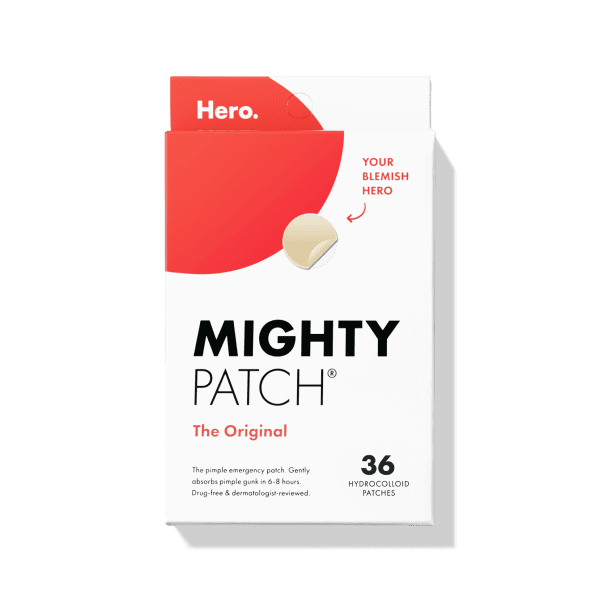
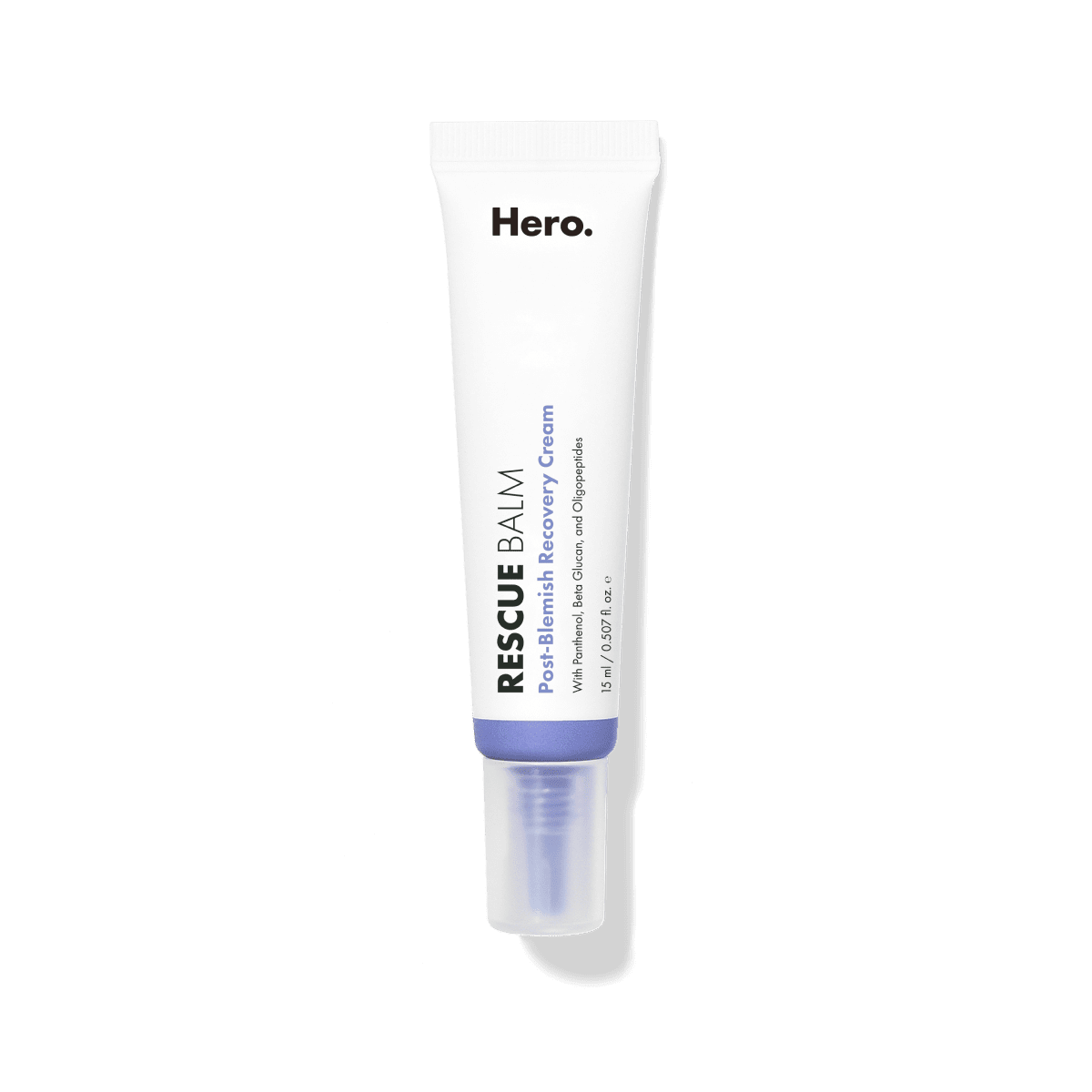
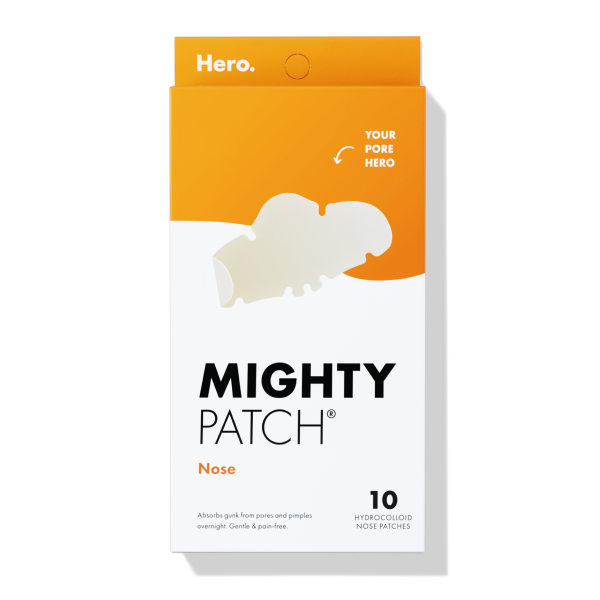
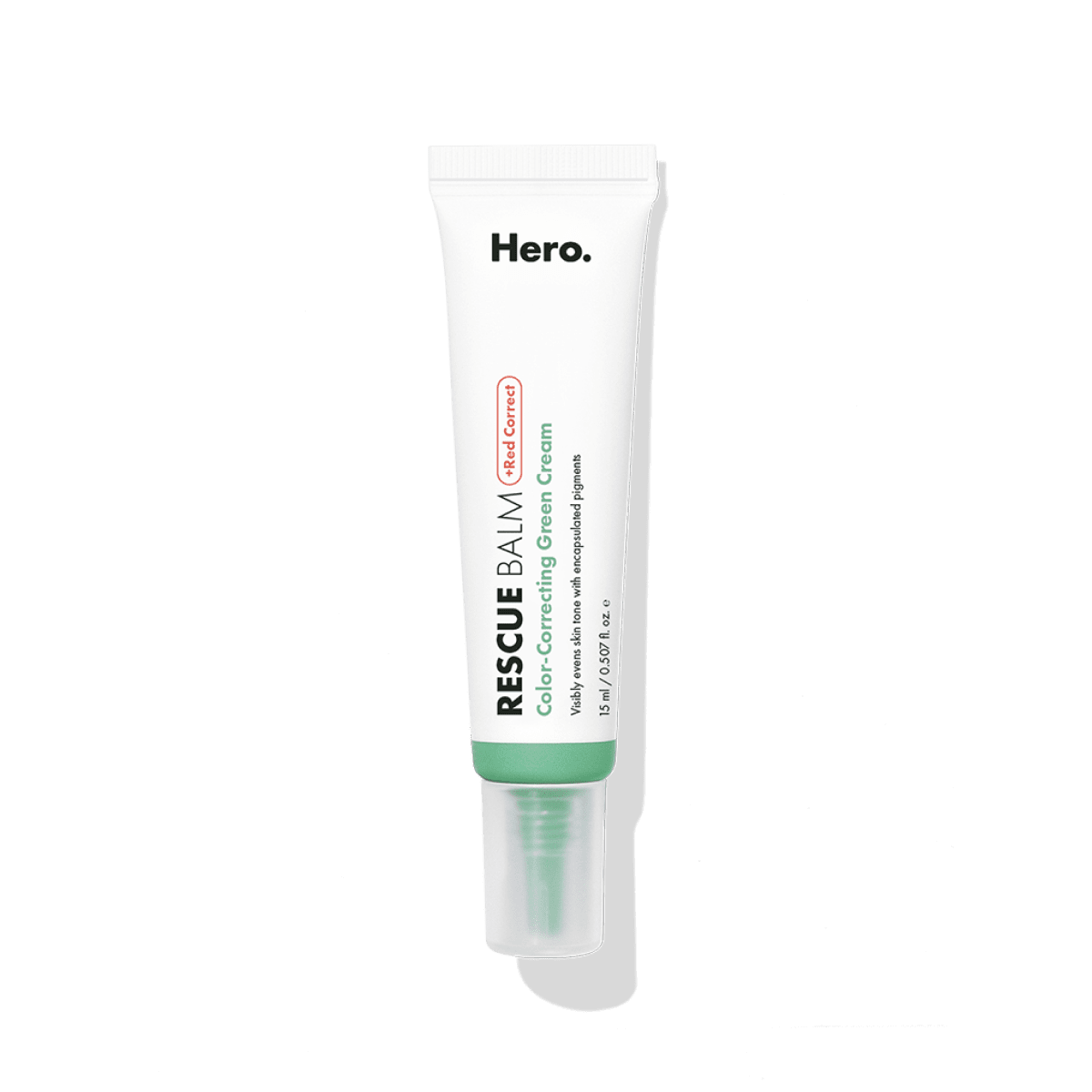
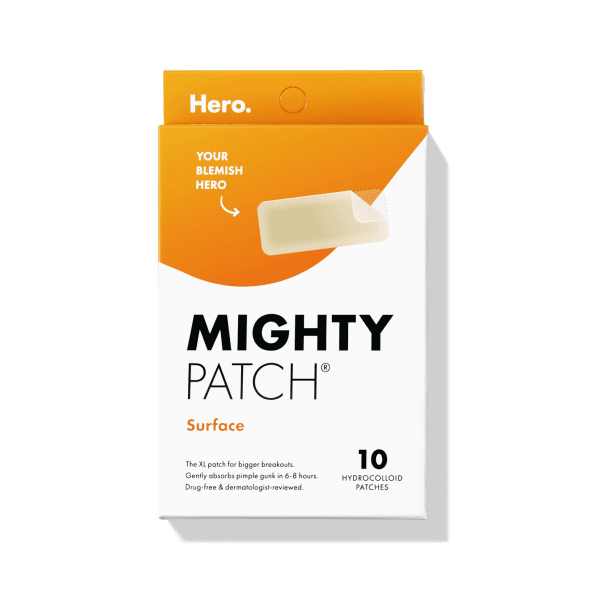
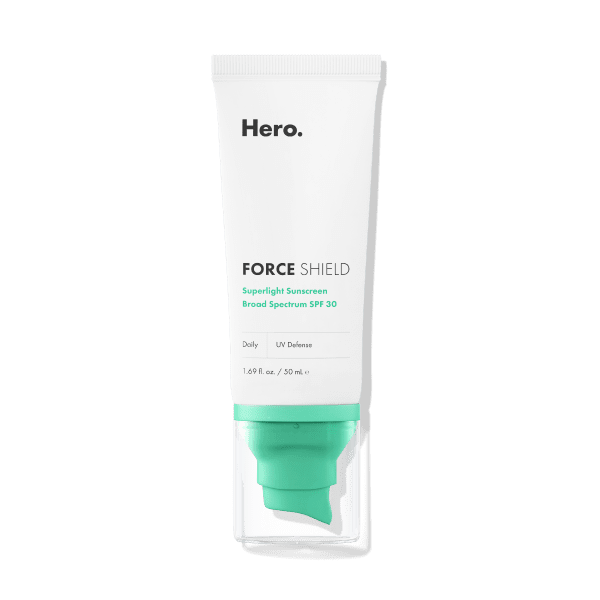
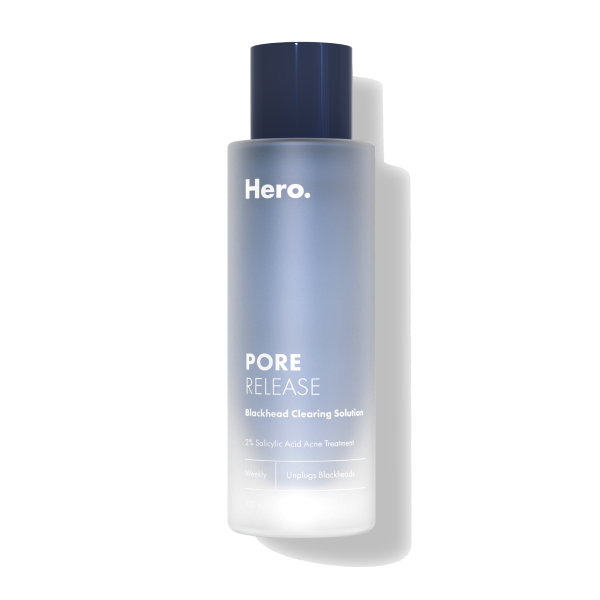
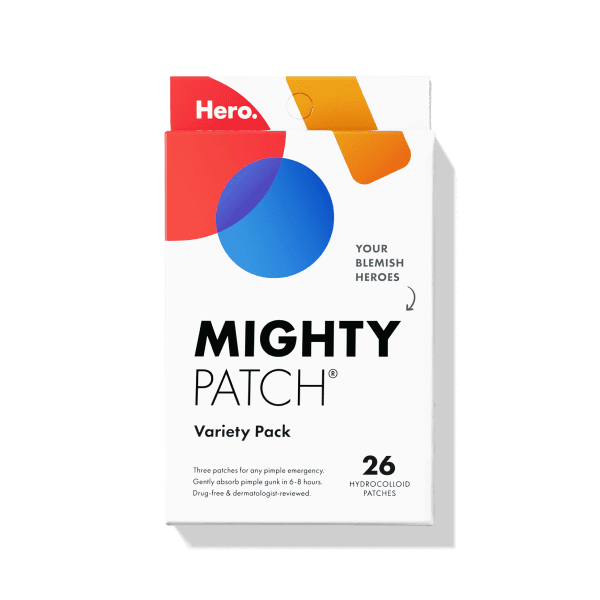


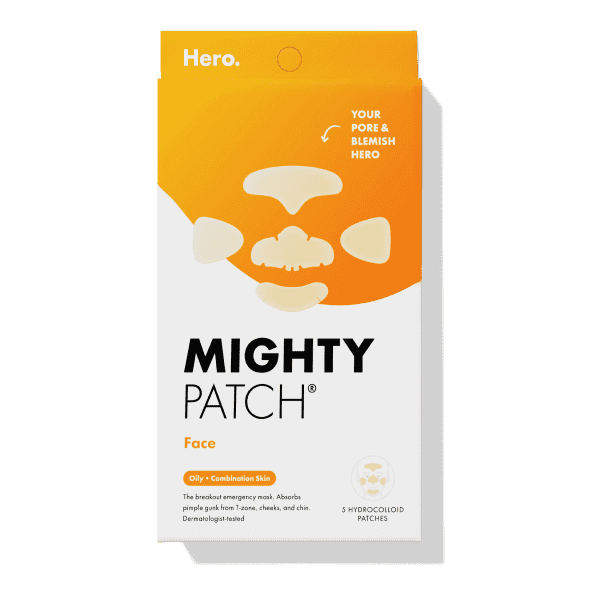
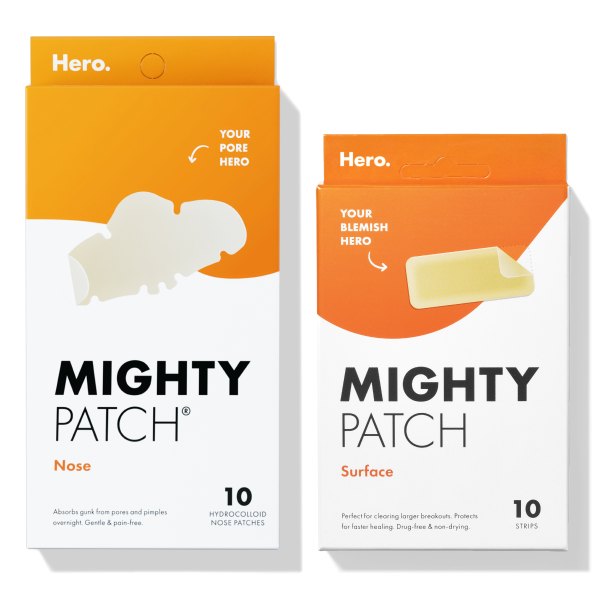
.png?v=1663017252122)
